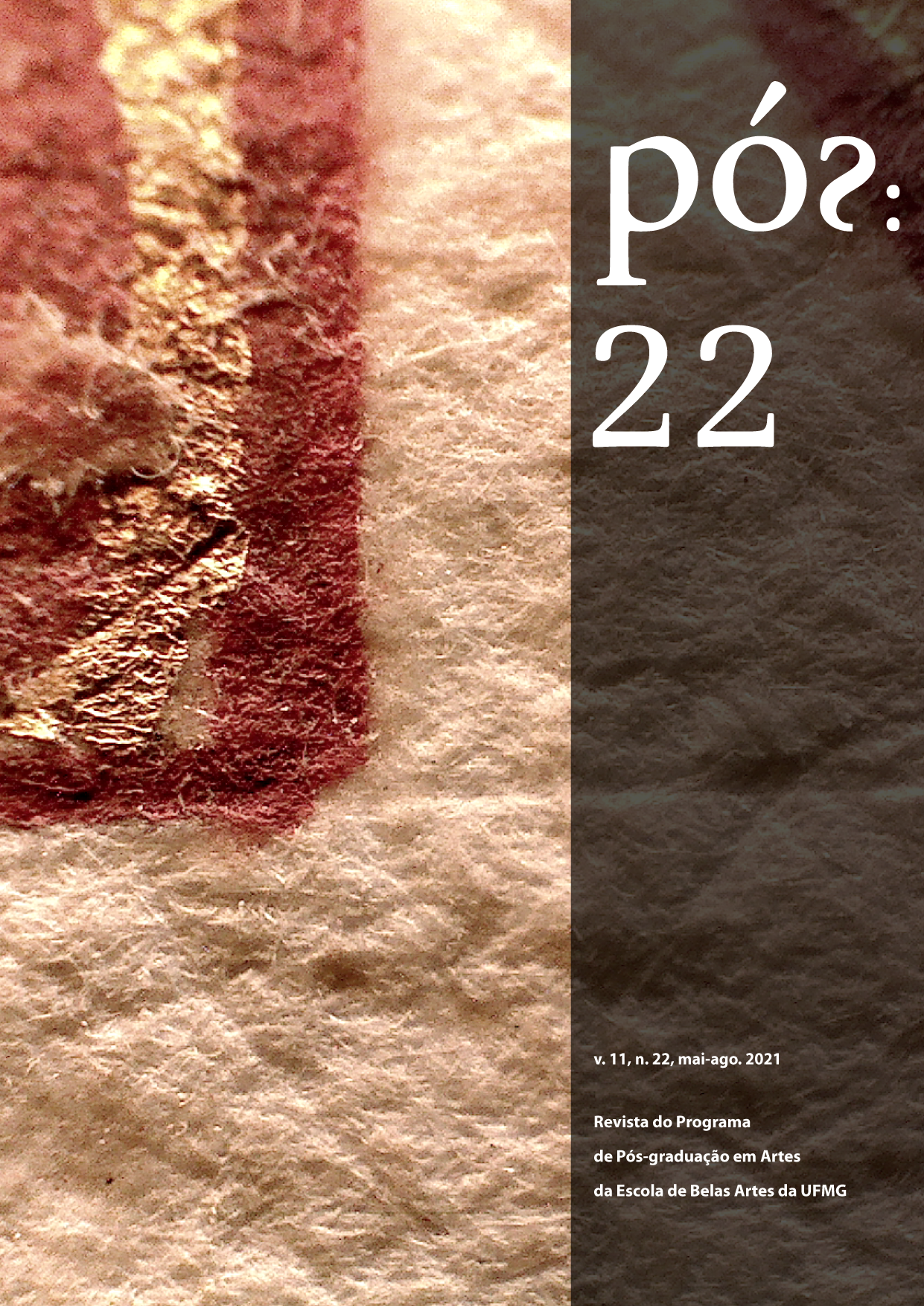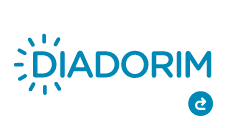O lazer (re)significado nos “Domingos da Criação”
DOI:
https://doi.org/10.35699/2237-5864.2021.24156Palavras-chave:
Domingos da Criação, Lazer, Participação, Criação, Arte brasileiraResumo
Os “Domingos da Criação” foram uma série de eventos artísticos organizados por Frederico Morais, em 1971, na área externa ao MAM-RJ. Neles o público participante pôde vivenciar o processo criativo por meio do uso de materiais precários. A ideia de Morais era pensar o conceito de domingo e questionar o lazer no âmbito da sociedade burguesa. Objetiva-se com este artigo ressaltar os pressupostos que fundamentaram os “Domingos”, além de discutir as noções de lazer e de tempo livre no pensamento de Theodor Adorno e Joffre Dumazedier, através do uso da metodologia qualitativa e explicativa. Conclui-se que os “Domingos da Criação” foram uma iniciativa que, mesmo de modo latente, combateu a alienação do indivíduo ante a opressão social e governamental.
Downloads
Referências
ADORNO, Theodor. Tempo livre. In: ______. Indústria cultural e sociedade. 5. ed. São Paulo: Paz e Terra, 2009. p. 62-70.
AYALA, Walmir. O aprendizado do ver. Jornal do Brasil, Rio de Janeiro, Caderno B, p. 2, 19 out. 1971.
BARRIO, Artur. Manifesto. In: CANONGIA, Ligia (Org.). Artur Barrio. Rio de Janeiro: Modo, 2002. p. 145.
CHAGAS, Tamara Silva. Da crítica à Nova Crítica: as múltiplas incursões do crítico-criador FredericoMorais. 2012. 159 f. DISSERTAÇÃO (Mestrado em Artes) – Programa de Pós-Graduação em Artes, Universidade Federal do Espírito Santo, Vitória, 2012.
COSTA, Ana Luisa Veliago. Os sentidos experimentais dos Domingos da Criação. 2019. 168 f. Dissertação (Mestrado em Estética e História da Arte) – Programa de Pós-Graduação Interunidades em Estética e História da Arte, Universidade de São Paulo, São Paulo, 2019.
DUMAZEDIER, Joffre. Lazer e cultura popular. 3. ed. São Paulo: Perspectiva, 2000.
LEAL, André. Da cidade lúdica aos Domingos da Criação: a constelação Frederico Morais. Poiésis,Niterói, v. 20, n. 33, p. 413-434, jan.-jun. 2019.
LIMA, Yan Braz de Souza. Domingos da Criação: encorpando o público do futuro. 2017. 38 f. Monografia (Graduação em Sociologia) – Departamento de Sociologia, Universidade Federal Fluminense, Niterói, 2017.
MORAIS, Frederico. A criatividade liberada: domingo, terra-a-terra. Diário de Notícias,Rio de Janeiro, 2º Caderno, p. 8, 25 abr. 1971.
MORAIS, Frederico. Arte brasileira: cortes e recortes – quinta parte: 1965-1973. Rio de Janeiro: Soraia Cals, 2010. Catálogo de leilão.
MORAIS, Frederico. Artes plásticas: a crise da hora atual. Rio de Janeiro: Paz e Terra, 1975.
MORAIS, Frederico. Contra a arte afluente: o corpo é o motor da obra. Revista de Cultura Vozes, Rio de Janeiro, ano 64, v. 64, n. 1, p. 45-59, jan.-fev. 1970.
MORAIS, Frederico. Criatividade de maio e os Domingos da Criação. Suplemento Literário de Minas Gerais, Belo Horizonte, p. 7, 1 jul. 1972.
MORAIS, Frederico. Cronologia das artes plásticas no Rio de Janeiro. Rio de Janeiro: Topbooks, 1995.
OITICICA, Hélio. Aspiro ao grande labirinto. Rio de Janeiro: Rocco, 1986.
PONTUAL, Roberto. Quando a vida inventa a arte. Jornal do Brasil,Rio de Janeiro, Caderno B, p. 4-5, 24 jul. 1971.
SAMPAIO, Márcio. Paiê, me leva no museu. Ah me leva, paiê, me leva. Suplemento Literário de Minas Gerais, Belo Horizonte, p. 10, 8 maio 1971.
Downloads
Publicado
Edição
Seção
Licença
Copyright (c) 2021 Tamara Silva Chagas

Este trabalho está licenciado sob uma licença Creative Commons Attribution-NonCommercial 4.0 International License.
Autores que publicam nesta revista concordam com os seguintes termos:
- Autores mantém os direitos autorais e concedem à revista o direito de primeira publicação, com o trabalho simultaneamente licenciado sob a Creative Commons Attribution-NonCommercial 4.0 International License que permite o compartilhamento do trabalho com reconhecimento da autoria e publicação inicial nesta revista.
- Autores têm autorização para assumir contratos adicionais separadamente, para distribuição não-exclusiva da versão do trabalho publicada nesta revista (ex.: publicar em repositório institucional ou como capítulo de livro), com reconhecimento de autoria e publicação inicial nesta revista.
- Autores têm permissão e são estimulados a publicar e distribuir seu trabalho online (ex.: em repositórios institucionais ou na sua página pessoal) a qualquer ponto antes ou durante o processo editorial, já que isso pode gerar alterações produtivas, bem como aumentar o impacto e a citação do trabalho publicado
- É responsabilidade dos autores a obtenção da permissão por escrito para usar em seus artigos materiais protegidos por lei de Direitos Autorais. A Revista PÓS não é responsável por quebras de direitos autorais feitas por seus colaboradores.












